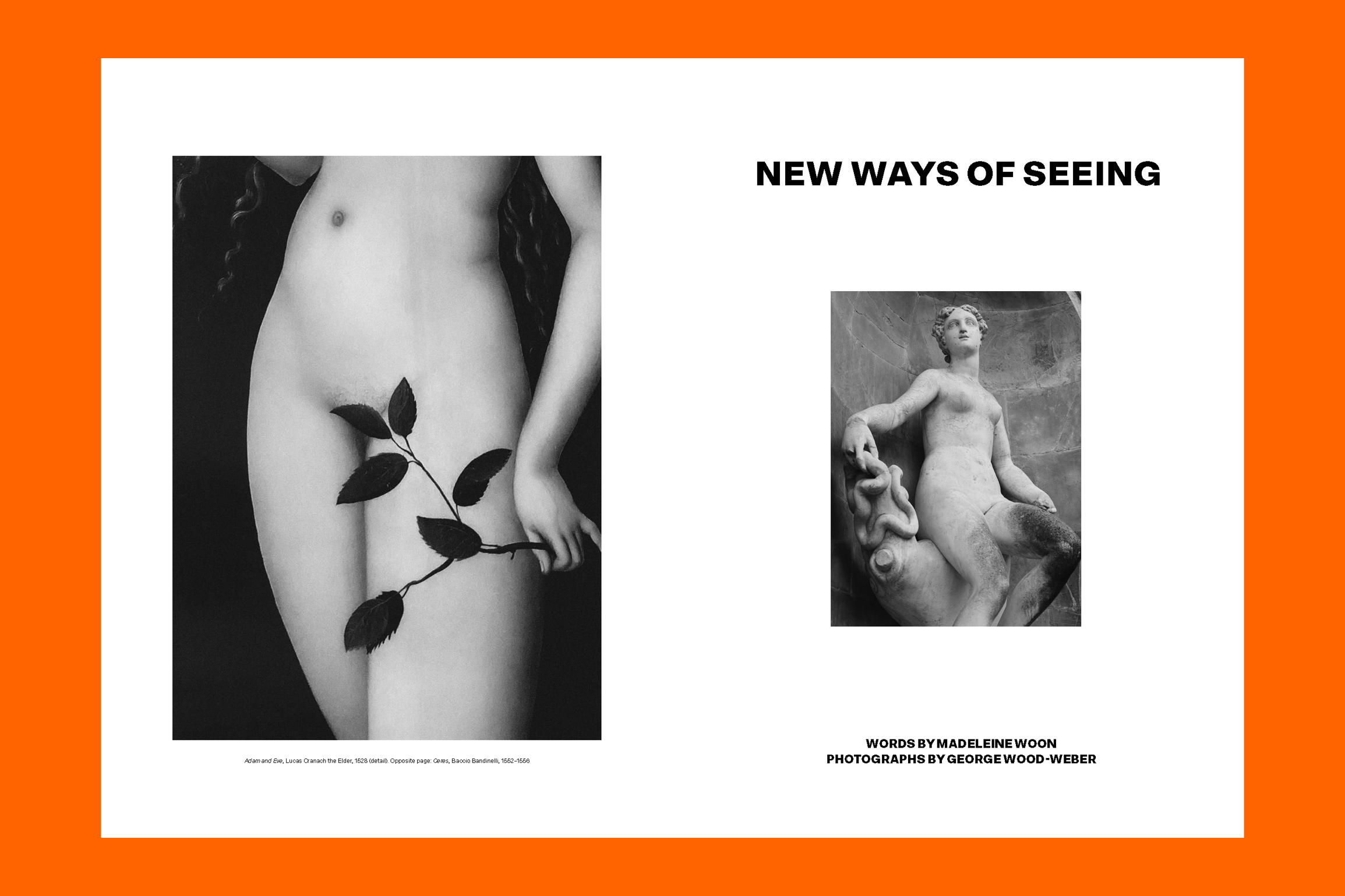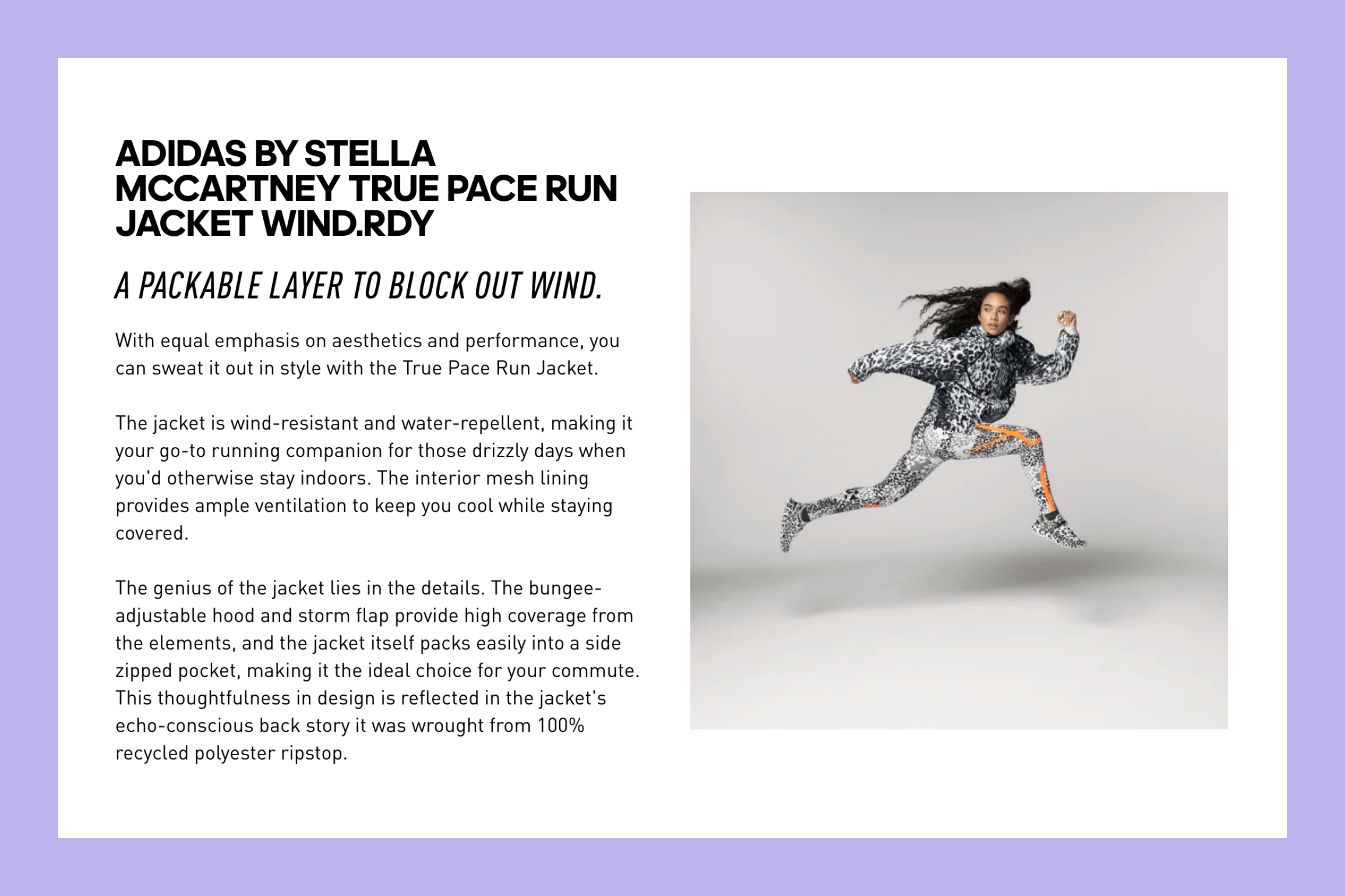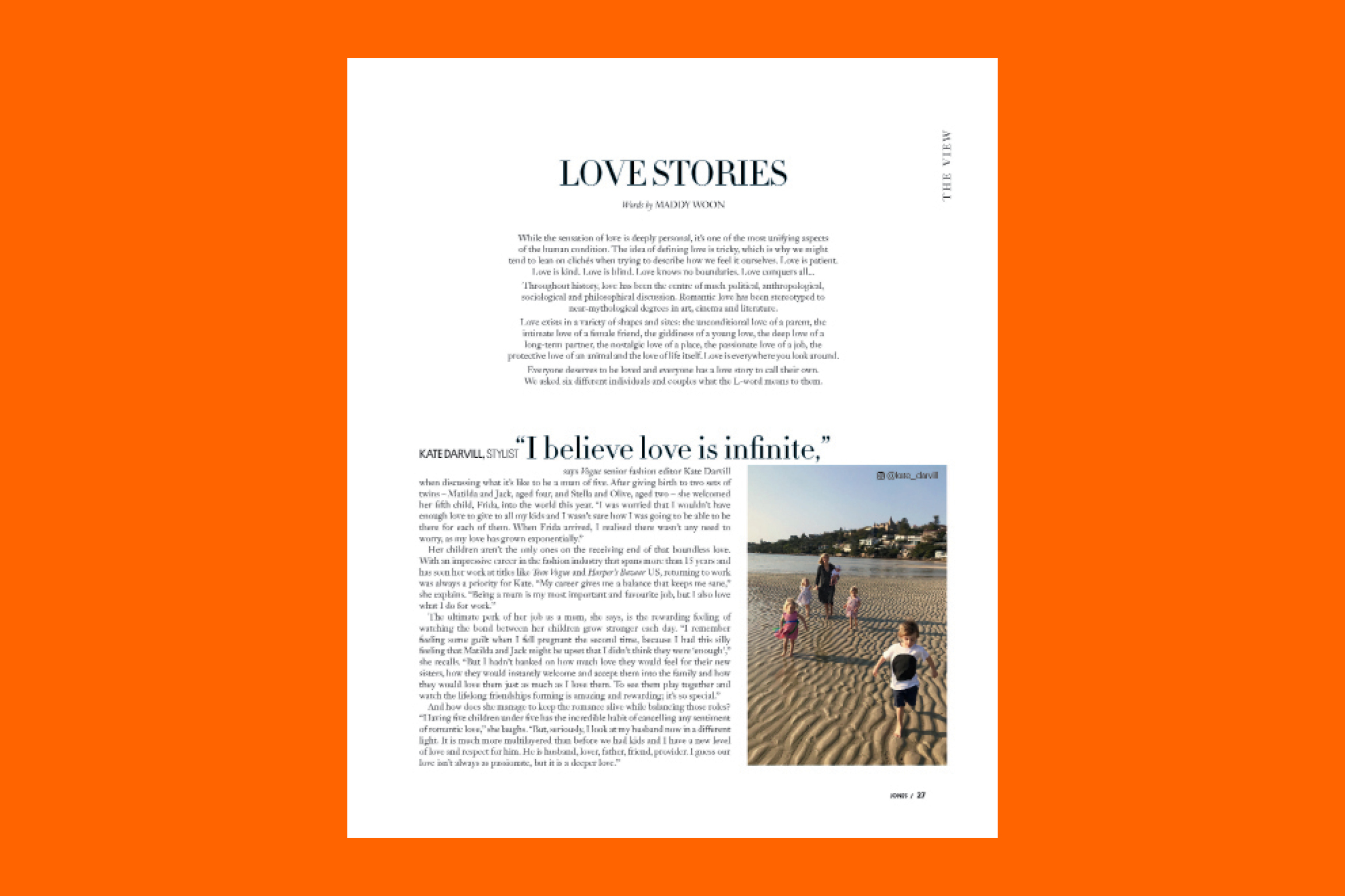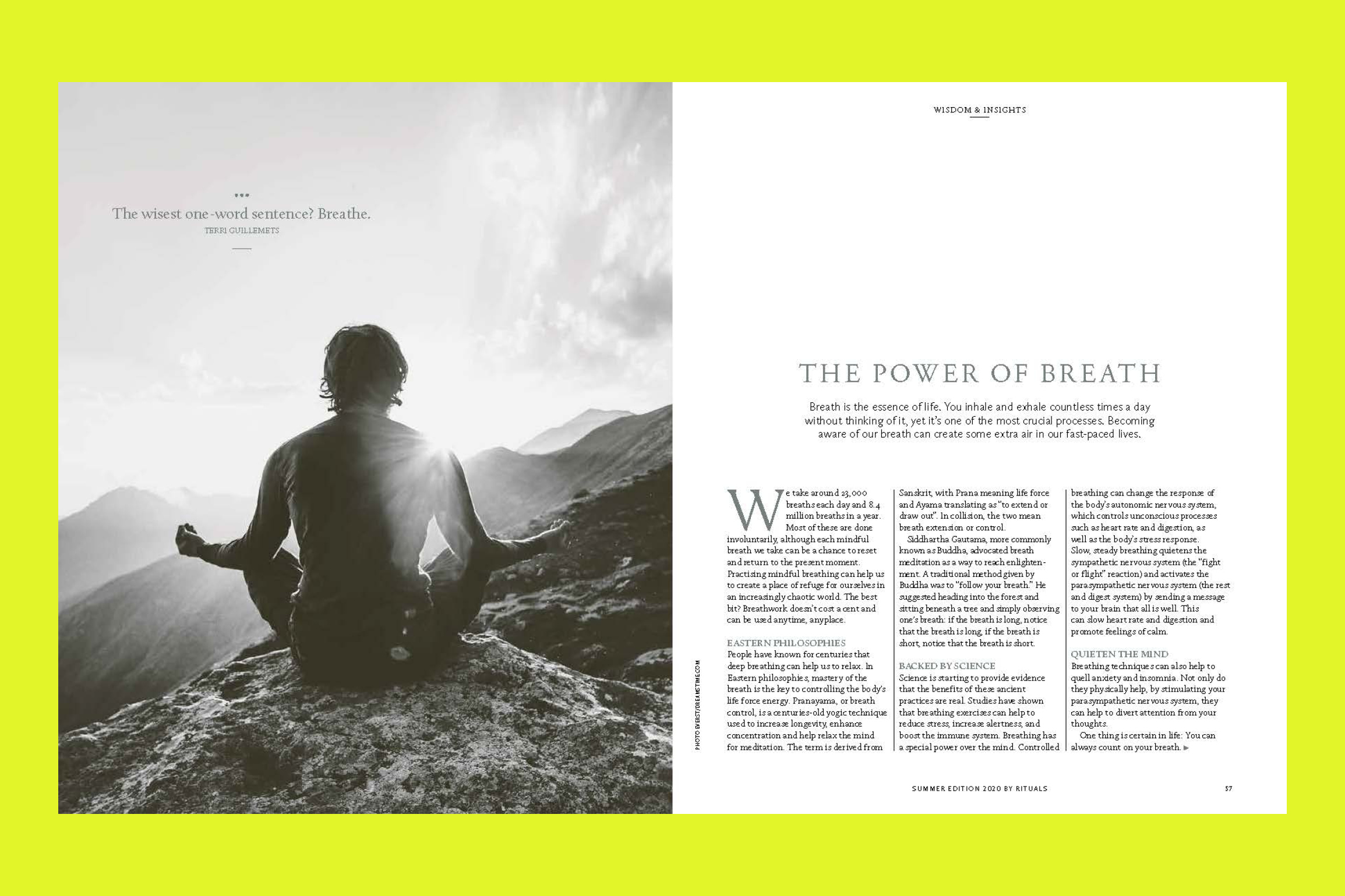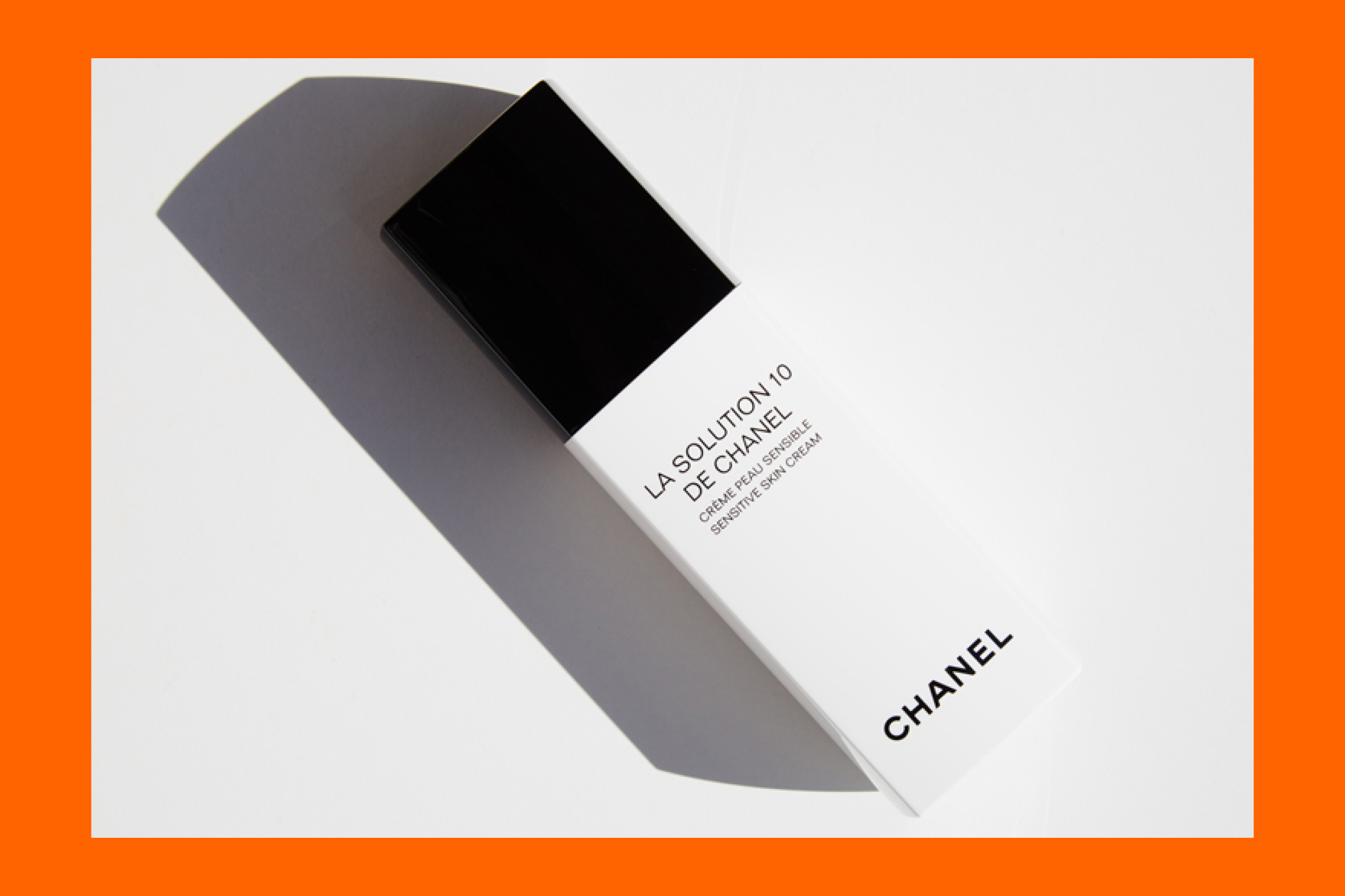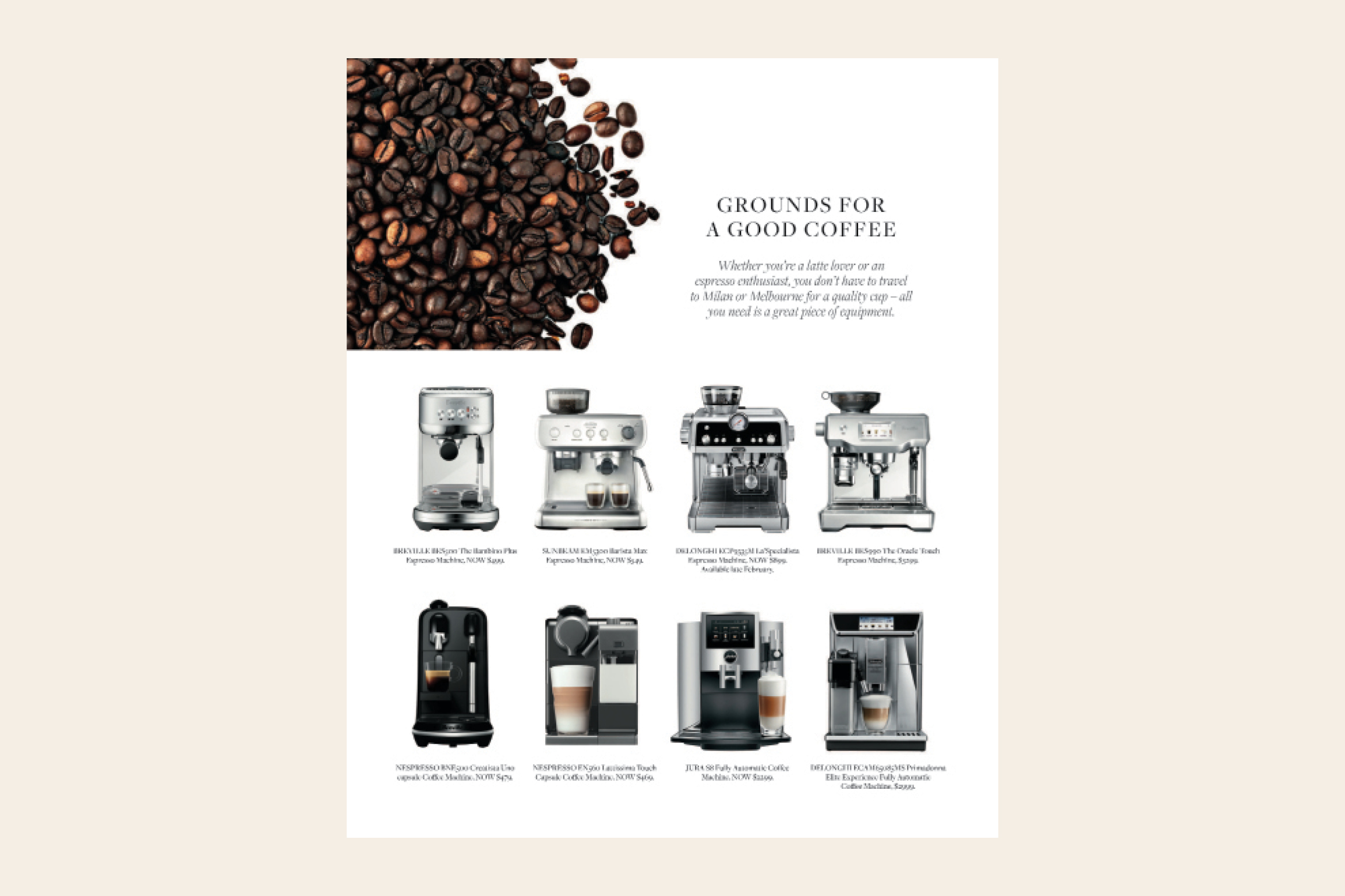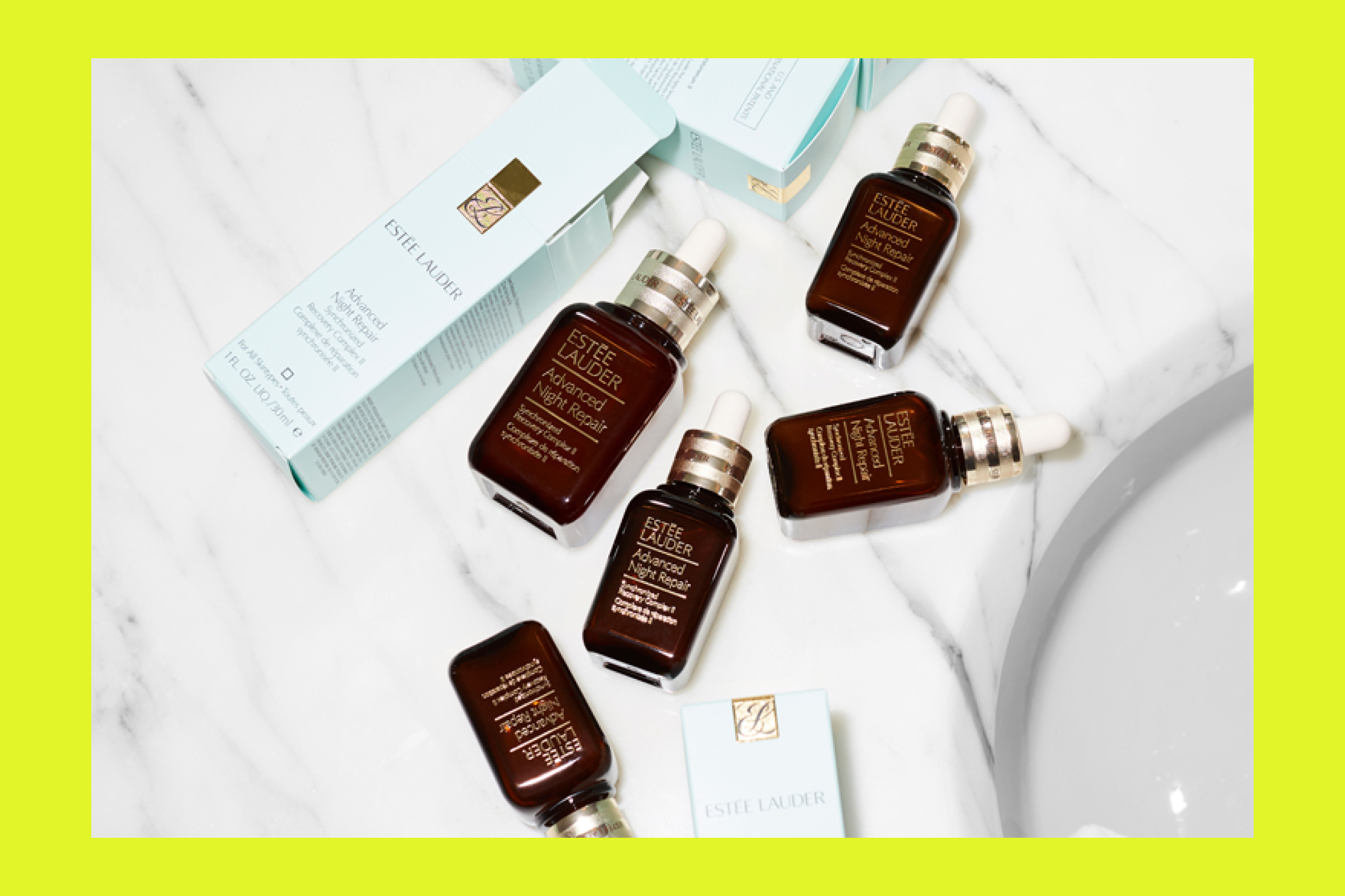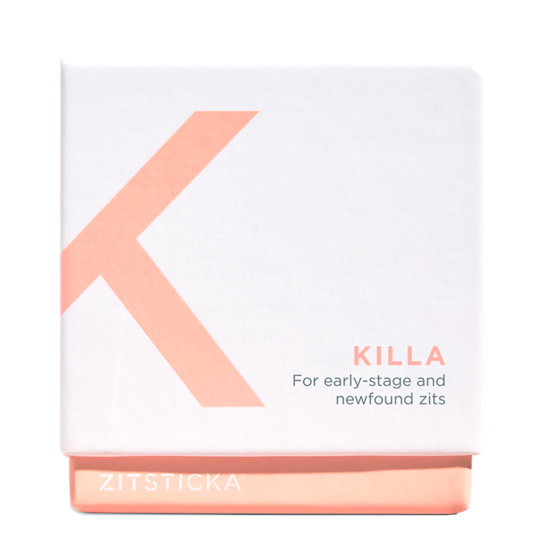
An Exhaustive Guide to Exhausted Hangover Skin
Client: ZitSticka
Year: 2020
Working closely with DTC beauty brand, ZitSticka, to write engaging and editorialised branded content for their blog, The Spot.
This article originally appeared here.
This article originally appeared here.
Let's begin with a memory from non-quarantine times: One fateful day, with a chatty stomach and a shopping basket overflowing with snacks, I was busy ignoring the popular “Don’t shop when your hungry” advice at my local supermarket when a scene, once intimately familiar to me, went down in the cereal aisle. Two girls, who I presumed to be in the infant stages of their 20s, walked by me, both in the throes of a bone-rattling hangover. The more visibly so of the two trailed behind her friend, tepidly kicking a jumbo pack of toilet paper—a prized resource at these here times—the act of carrying it in her arms clearly too heavy a cross to bear.
I could feel their pain deep down in my 28-year-old bones and sinews. While I can’t remember the last time I was whipped as mercilessly by a hangover, three glasses of wine these days still has the power to leave me handcuffed by existential dread the next day. My hangovers have shapeshifted over the years—from predominantly physical and sometimes perversely enjoyable to mentally harrowing and debilitating—but one thing has remained constant: their unparalleled ability to ruin my skin.
You too? Read on!
![]()
What does alcohol do to your skin?
Alcohol consumption and its regular accomplice, sleep deprivation, show up on faces in the form of dehydration, redness and inflammation. Alcohol changes the hormonal milieu in the skin, which exacerbates preexisting skin conditions, like acne and rosacea. According to Dr. Claire Chang, MD, board-certified dermatologist at Union Square Laser Dermatology NYC, it also “alters the blood vessels in the skin, causing them to dilate and worsen the appearance of facial redness.”
When you’re out skipping ZzZs, your body produces heightened levels of cortisol which triggers inflammation. The skin trauma doesn’t stop there: your adrenaline and testosterone levels also increase, resulting in oily skin and breakouts.
“Don’t drink!” is the solution any annoying, rational person would give. But even the best-laid plans can be easily derailed by a friend who insists upon your partaking in ‘just one more drink’ after dinner, or a Zoom happy-hour, or a *quiet tipple* at home with whoever you're strapped to in these isolated times. In saving the most obvious advice for first, drink a LOT of water. Before you imbibe, during the act, and the next morning. In devastating news, red wine is the worst culprit for hangover skin. Outside of opening the blood vessels in the skin, it’s also a histamine releaser, which promotes redness and flushing. It might be wise then to consider swapping out your glass of red for a clear spirit, like vodka or tequila.
The solutions…
1. Topical hydration is key
Drinking water is great for overall health and will likely make you feel less rotten the next day, but the most important thing you can do for your skin is to feed it moisture directly. Apply products that give an instant boost of moisture, the best of which is hyaluronic acid, which can hold 1,000 times its own weight in moisture. Today is also the day to make dear friends with a hydrating mist, dear friends. Keep it on hand, spritz liberally!
2. Wash off your makeup
Ooops. Forgot to? Shame! You’ve just committed the most insidious of skincare crimes! Jks. we’ve all been guilty of this. To help right your wrongs, a double cleanse is in order. Start with an oil-based cleanser, which will help to remove all that mulish waterproof mascara clinging to your lashes, also any impurities that your face has accumulated over the past 12 or so hours. Once you’re done ridding your visage of all that evidence, make sure your skin is feeling fresh as a dew-soaked daisy by giving it another wash, this time with a gentle cleanser.
3. Up the antioxidants
Antioxidants play a big role in protecting skin from damage. Reach for masks containing antioxidants like vitamin C, green tea, and niacinamide, which can help calm your poor, sensitive skin the day after. Bonus tip: a hydrating gel mask that’s been chilling in the fridge will go down an absolute treat for red, sensitive skin.
All projects


